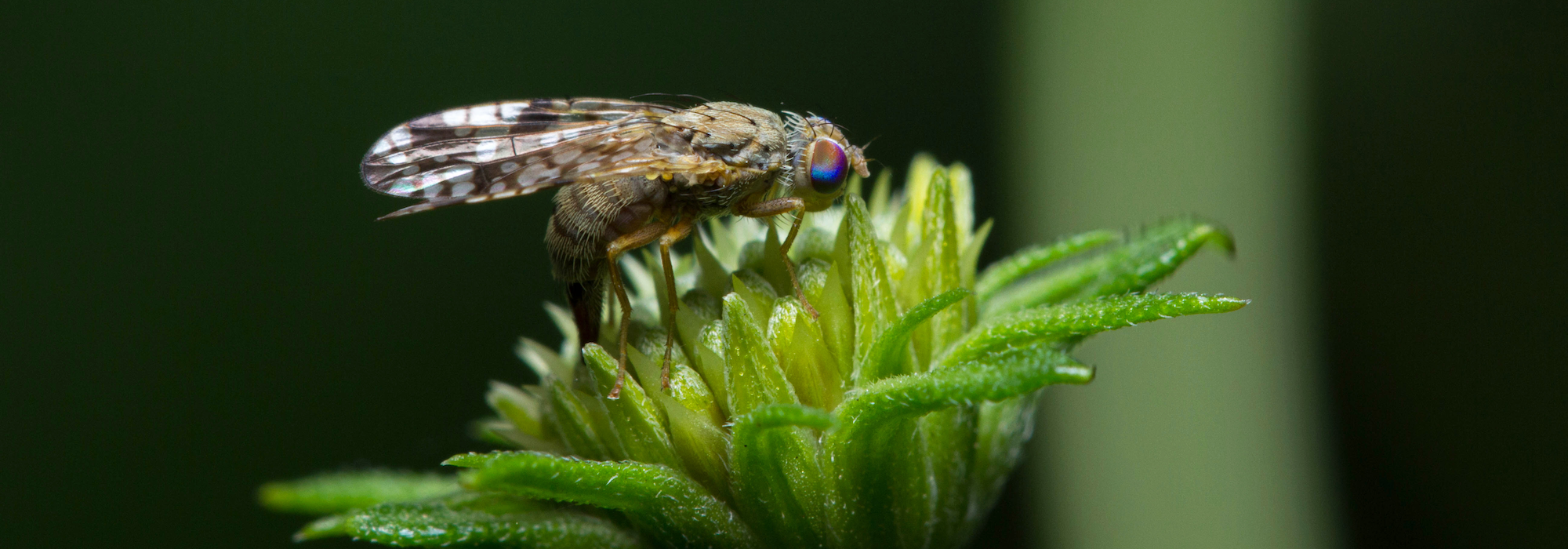Nancy A. Moran
Research
CURRENT RESEARCH
PAST RESEARCH
- Elucidating the molecular bases of species interactions in host-associated bacterial communities
- Role of Gut Microbiota in Honey Bee Health
- Coevolutionary dynamics in an obligate insect symbiosis
- Colonization by a Co-evolved Gut Community
- Dual Obligate Intracellular Symbionts
- Control of Bee Behavior by Stably Engineered Gut Microbial Communities
- Dimensions of Biodiversity: the Gut Microbiota of Bees
- Environmental Genomics of Symbionts in Pea Aphids
- Genomics of Bacterial Symbionts of Plant Sap-Feeding Insects
- Biocomplexity in the Environment
- Bacterial Endosymbiont Diversity in Drosophilla
- Biocomplexity of Symbiotic Bacteria
- Genomic Evolution of Buchnera
- Evolutionary Dynamics of Endosymbiont-Borne Adaption on Aphids
- Molecular Phylogenetics of Sternorrhyncha
- Phylogenetics of Aphids
- Genetically Variable Complex Life Cycles in Heterogeneous Environments
PAST Research Projects

Biocomplexity in the Environment/GEN-EN: Response of Host and Symbiont Genomes to Environmental Stress and its Ecological Consequences
(PI is Nancy Moran, co-PI is Anthony Ives, co-PI is Katrina Mangin)
 A grant has been awarded to Dr. Nancy Moran and Dr. Therese Markow of the University of Arizona to use molecular methods to document the diversity of bacterial symbionts that form chronic infections in species of fruitflies (genus Drosophila and relatives). A primary aim is to use DNA sequences as well as microscopy to characterize the diversity and distributions of bacteria infecting an evolutionarily related set of host species. Such information is so far not available for any animal group. Results will illuminate how genetic divergence, geographic separation, or ecological differences of hosts affect infection by particular bacterial types. The data will be made widely available to researchers on a website and also through public DNA sequence databases.
A grant has been awarded to Dr. Nancy Moran and Dr. Therese Markow of the University of Arizona to use molecular methods to document the diversity of bacterial symbionts that form chronic infections in species of fruitflies (genus Drosophila and relatives). A primary aim is to use DNA sequences as well as microscopy to characterize the diversity and distributions of bacteria infecting an evolutionarily related set of host species. Such information is so far not available for any animal group. Results will illuminate how genetic divergence, geographic separation, or ecological differences of hosts affect infection by particular bacterial types. The data will be made widely available to researchers on a website and also through public DNA sequence databases.
Increasing evidence shows that bacterial infection is usual even in healthy individuals of all animal species, from insects to humans, but the diversity of bacteria associated with particular host species or groups of related species is unexplored. This project will provide such information for fruitfly species, for which there exists a wealth of information on genetics and evolutionary relationships, including a completed genome sequence. Knowledge of the bacteria infecting fruitflies will provide study systems for a large community of researchers spanning the fields of genetics, infectious disease, and ecology. Once characterized, these symbiotic bacteria will be useful for addressing such questions as how chronic infections interact with host defenses at the molecular level and how infectious agents move between host species, sometimes resulting in the emergence of new diseases in humans and other species. Insects, including crop pests and disease vectors, frequently harbor symbionts, which have been shown to affect reproduction and vectoring capabilities of their hosts. Results of this research will aid attempts to control insect pests by manipulating symbiont associations.
Selected publications
- Mateos M, Catrezana SJ, Nankivell BJ, Estes A, Markow TA, Moran NA. Heritable endosymbionts of Drosophila. Genetics, v.174, 2006, p. 363.
- Watts T, Haselkorn TS, Moran NA, Markow TA. 2009. Variable incidence of Spiroplasma infections in natural populations of Drosophila species. PLoS One, v.4, 2001, e5703.
- Haselkorn TS, Markow TA, Moran NA. 2009. Multiple introductions of the Spiroplasma bacterial endosymbiont into Drosophila. Molecular Ecology, v.18, 2009, p. 1294.